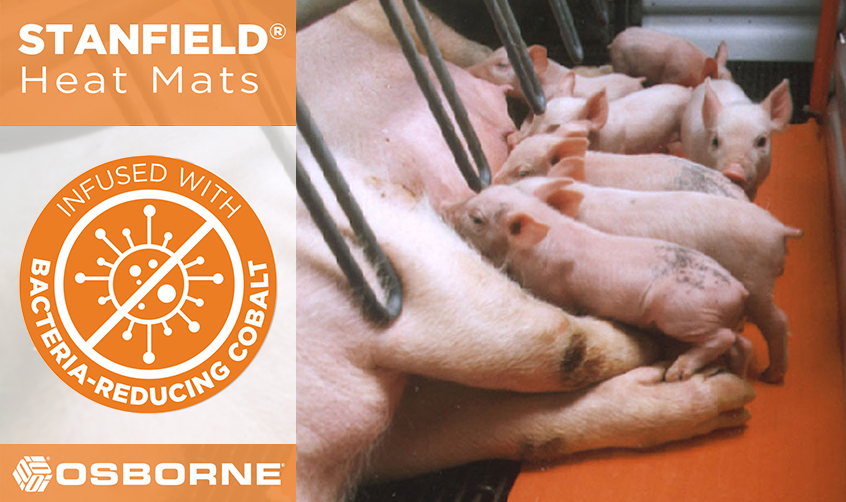



Overview of This Week’s Pig Industry News
ANALYSIS – At a meeting held at the University of Nottingham in the UK last week, Professor Mike Gibney helped sort fact from the fiction in terms of the growing problem of human obesity, writes Jackie Linden. In Australia, a new QA scheme has been introduced so consumers can be sure they are buying meat from free-range pigs if that is their preference, while in the US, welfare organisations are pressuring the United Nations, Burger King and Seaboard Foods, in different ways, towards more animal-friendly production methods.Speaking to a packed auditorium at the annual meeting of the British Society of Animal Science (BSAS) and the UK branch of the World’s Poultry Science Association (WPSA), Professor Gibney put obesity in the human population into its correct perspective as a modern human human health issue. Having started his career in animal nutrition, he now heads the University College Dublin (UCD) Institute of Food and Health in the Irish Republic and so he was in an exceptional position to present the Hammond Memorial Lecture at the Nottingham meeting.
A number of key issues need to be addressed in the context of any long-term approach to this public health issue, he explained. The current increase in the levels of obesity is, in fact, neither recent in origin nor linear in form. Physical activity at moderate levels can abate most, if not all, of the risk factors arising from obesity such as diabetes and hypertension, he said. There is a genetic component of obesity but it has been shown to be related to a number of risk alleles, rather than individual genes; obesity and over-weight are strongly heritable. One issue that has complicated the whole field of obesity is significant under-reporting of food intake, he said.
The latest data show a levelling off in obesity rates among children and adolescents in Australia, Europe, Japan and the US. This good news must be viewed, however, in light of a continuing rise in adults in Europe and Australia, and a high but stable situation in American adults.
Australian consumers can at last be confident that the pork they are buying is truly free–range following the release of the Australian Pork Industry Quality Assurance (APIQ?®) programme free–range standards, in conjunction with the Australian Pork Certified Free Range logo for pork products. Currently, 86 per cent of Australia’s pork production is APIQ?–certified.
The growth in China has garnered a lot of attention lately but Viet Nam is also an emerging market that is building our global middle class and increasing grain demand for both food and feed.
Last week, the World Society for the Protection of Animals (WSPA) handed a global petition with nearly 110,000 signatures to the United Nations to improve the treatment of farm animals. The petition represents the significant and growing worldwide support for Pawprint, according to WSPA, whose campaign to put farm animal welfare on the agenda at Rio+20 in June.
Meanwhile, in the EU, plans for a partial ban on sow stalls are in disarray with only 10 countries likely to be ready for the new rules and some not even able to provide statistics, according to Compassion in World Farming (CIWF).
In the US, Burger King Corp. has announced that it will eliminate the practices of confining breeding pigs in gestation crates and hens in battery cages from its US supply chain, in a move supported by the Humane Society of the United States (HSUS).
HSUS has also addressed Seaboard Foods about welfare issues. At the annual shareholder meeting of the US-based company recently, a representative of HSUS challenged the company about the confinement of breeding pigs in its pork supply.
Turning to news of notifiable pig diseases, classical swine fever has been found in a number of wild pigs in Saratov Oblast in the south-west of the Russian Federation. A meeting to discuss the prevention of the spread of African Swine Fever (ASF) in the Moscow and Tula regions has been held by the Russian veterinary department, Rosselkhoznadzor.








